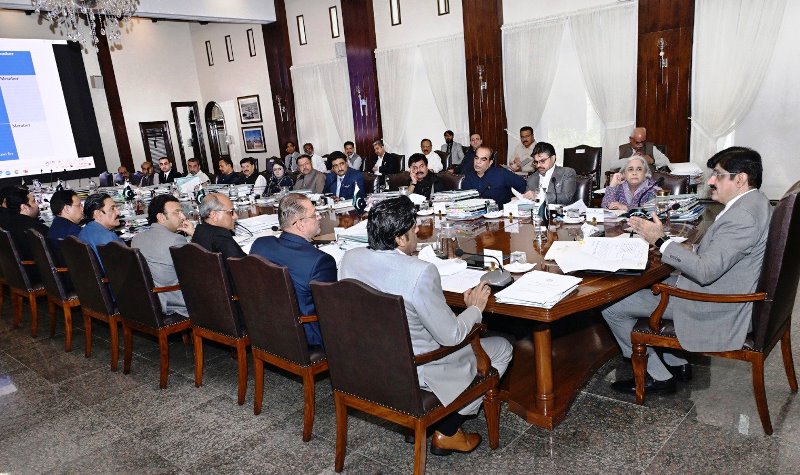The Sindh Cabinet, led by Chief Minister Syed Murad Ali Shah, approved a CNIC-based vehicle registration system, allowing owners to retain personalized number plates even after selling vehicles. This modernized approach, aligned with global standards, links plates to owners’ IDs rather than chassis numbers, enhancing traceability and reducing fraud. The Excise Department will pilot the system before full implementation. Additionally, the cabinet endorsed SOPs to register seized government vehicles with altered chassis under strict conditions.
In education reforms, the cabinet handed MDCAT exam responsibilities to IBA Sukkur and amended laws to permit BS-19/20 officers as education board chairmen. For healthcare, it extended salaries for 2,423 COVID-19 frontline workers until June 2025 and notified a Pharmacovigilance Centre to monitor drug safety. The Health Department also finalized a transparent MDCAT admission policy, mandating biometric verification for Sindh-domiciled applicants.
A committee will reassess 3,371 protected heritage buildings, many degraded by neglect, with Rs20 million allocated for preservation. The cabinet also amended the Anti-Terrorism Act, 1997, clarifying judges’ tenure and court transfer protocols to streamline terrorism trials. Meanwhile, Vehicle Fitness Centers—first proposed by Wah Industries—will inspect commercial vehicles to improve road safety and reduce emissions.
Sindh designated its Environment Department to lead carbon credit initiatives under UN climate agreements, aiming to attract green investments. The cabinet also debated options for Sindh’s 16% stake in the defunct Pakistan Textile City, weighing land reclaim or financial compensation. Other approvals included land grants for Sindh University’s Thatta campus and NADRA’s Sukkur office, plus recruitment of 1,045 prison staff. These reforms underscore Sindh’s push for governance modernization and sustainable development.



